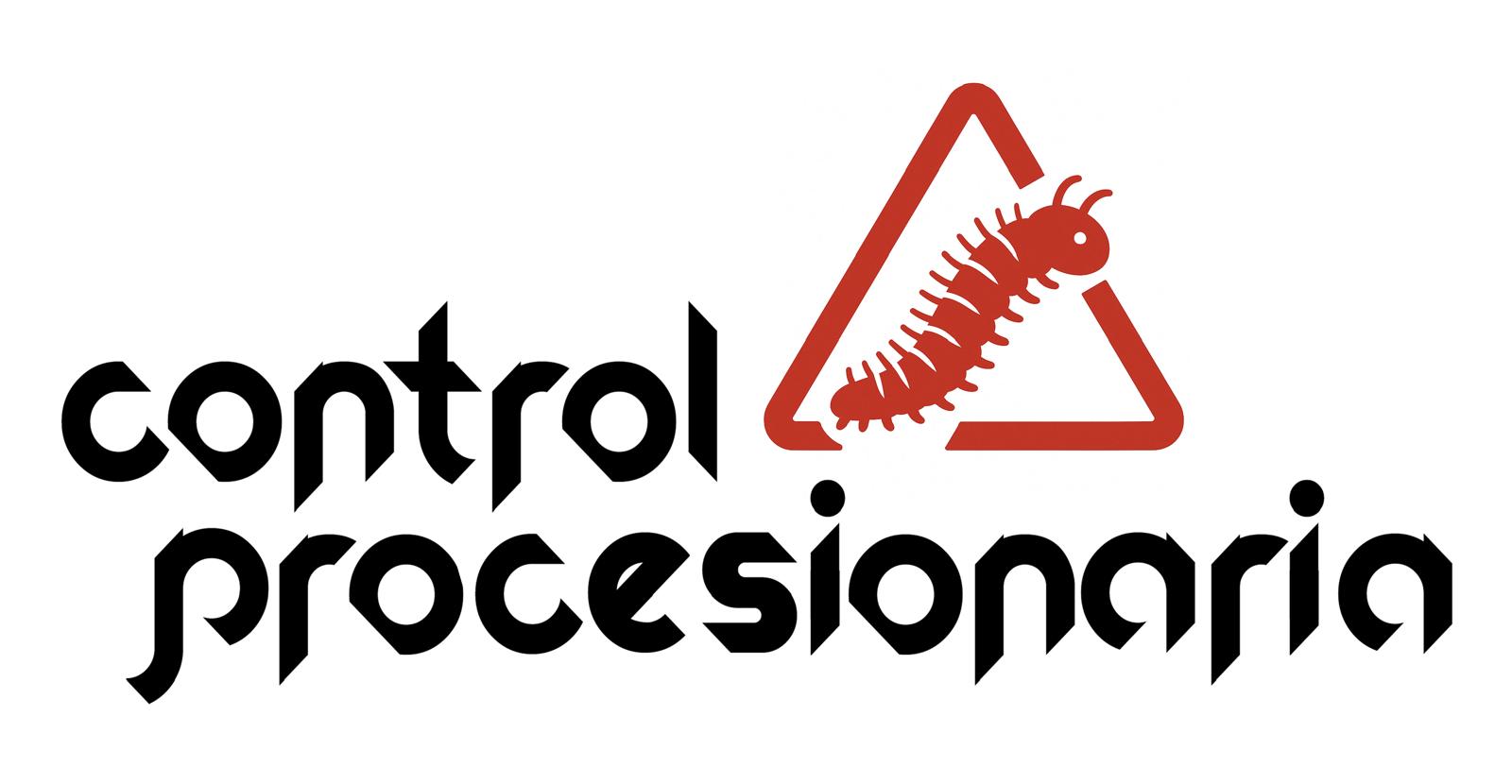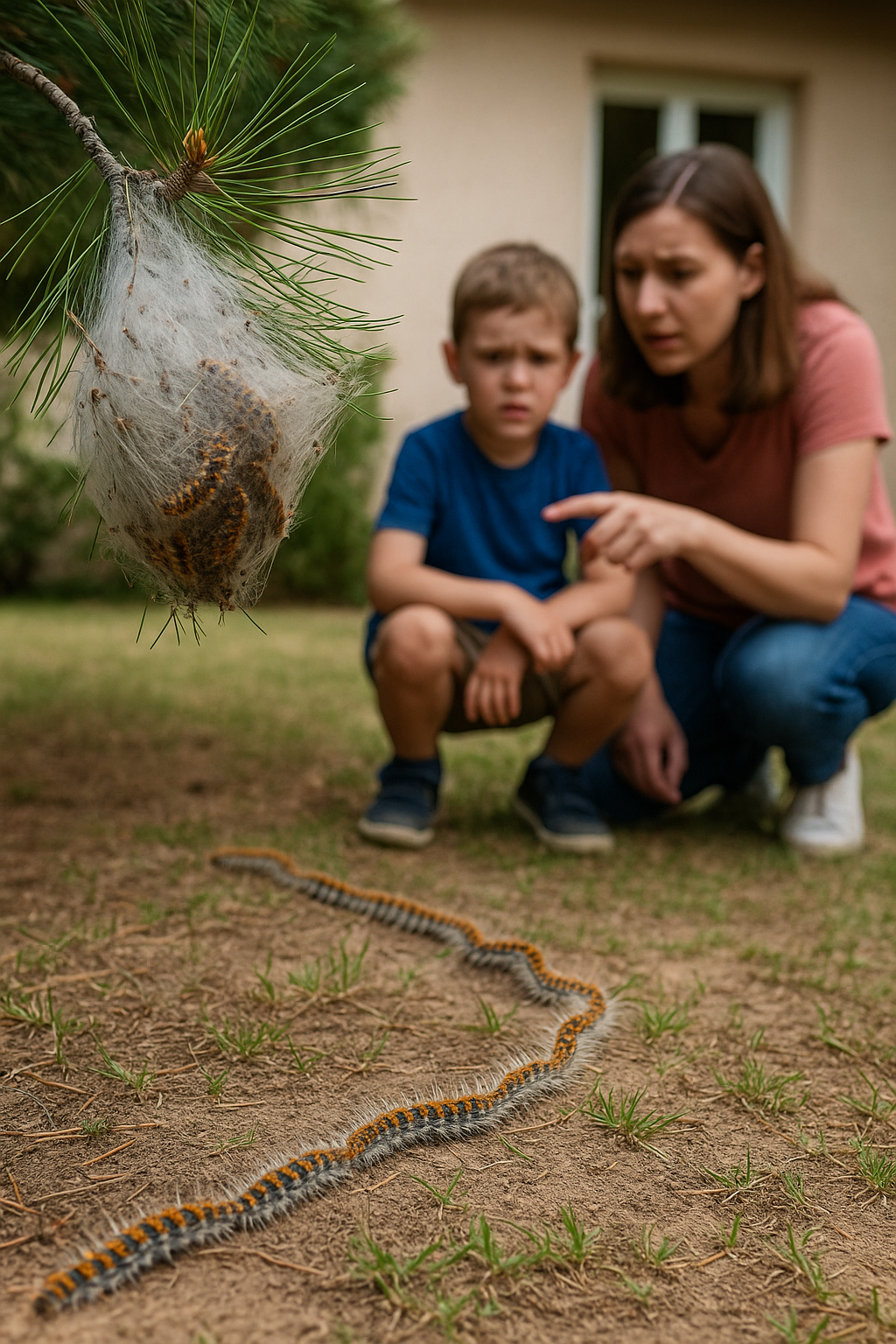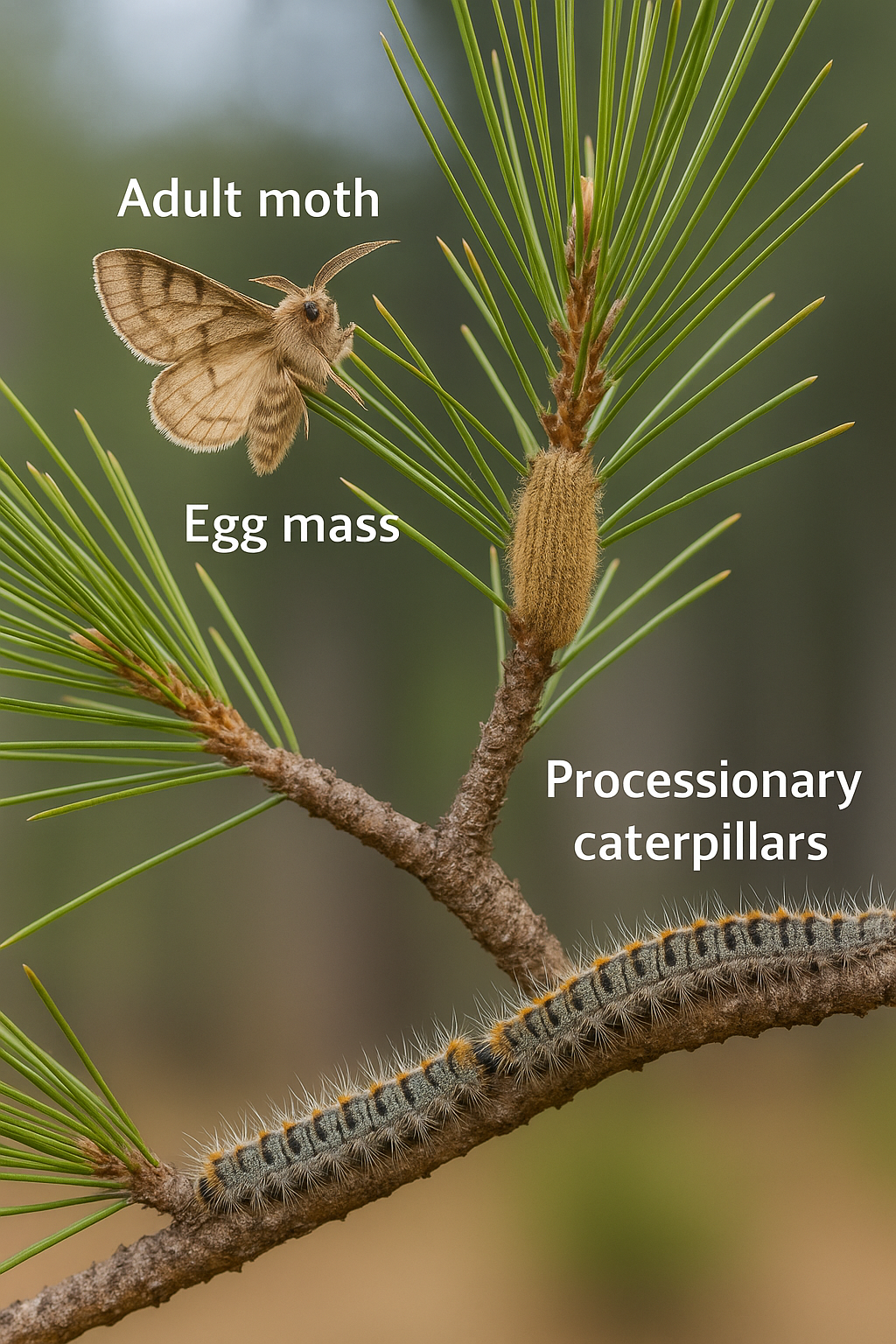The fight against the pine processionary moth cannot be carried out arbitrarily. There is a legal framework that regulates phytosanitary treatments, forest pests and the responsibilities of owners and administrations. Knowing the applicable regulations is essential to act safely, legally and responsibly.
What are the regulations that govern phytosanitary treatments?
To understand the legislation on the processionary moth, it is necessary to start from the general plant health regulations and the regional regulations that apply to countries and territories.
- Directive 2009/128/EC of the European Parliament, which establishes a framework to achieve a sustainable use of pesticides.
- Royal Decree 1311/2012, of September 14, which regulates the sustainable use of phytosanitary products in Spain.
- In the urban area, the White Paper on pest control in green spaces It includes the regulations applicable to gardening and public spaces.
Applicable Catalan and forestry legislation
In Catalonia, the control of the processionary moth must be compatible with forestry and environmental laws. Some relevant instruments and laws are:
- Law 6/1988, Forestry of Catalonia, which establishes the management of forest lands.
- General Forest Policy Plan of Catalonia 2014-2024, which includes lines of action on forest health and pest prevention. You can consult the informative report here.
- In public procurement documents, the use of endotherapy is often included as a legally accepted technique. Example: Barcelona City Council tender.
- Other examples of municipal regulation in Public Procurement of Catalonia.
Obligations and limitations for those who carry out the treatments
Anyone who carries out a treatment against the processionary moth must meet certain legal requirements:
- Use authorized and approved products according to the European and state register.
- Apply good practices, such as integrated pest management. Guide available at Ministry of Agriculture.
- Registration and notification of the treatments (doses, products and dates).
- Respect protected areas and obtain permits in natural spaces. Consult the regulations at Ministry for Ecological Transition.
- Responsibility and sanctions: acting outside the legislation can lead to sanctions and the obligation to repair damages.
Regulatory case studies
- In Calonge, the specifications for the municipal service include the control of the pine processionary moth: consult the document here.
- In Barcelona, the use of endotherapy is recognized as a valid and approved technique: see tender.
Recommendations for acting legally and safely
- Work with companies registered as phytosanitary operators.
- Use authorized and safe products.
- Maintain comprehensive records of treatments performed.
- Request advance permits in protected areas.
- Clearly inform customers about the risks and regulations.
- Keep up to date with European and national regulatory updates.
In conclusion, the legislation on the control of the processionary moth ensures that treatments are safe, effective and environmentally friendlyTrusting accredited professionals is essential to ensure regulatory compliance and avoid legal risks.




